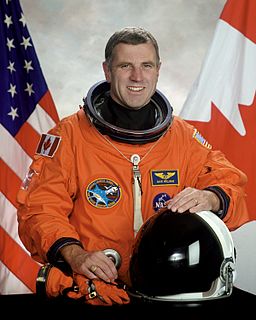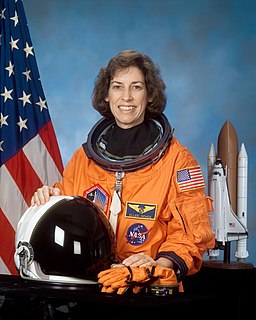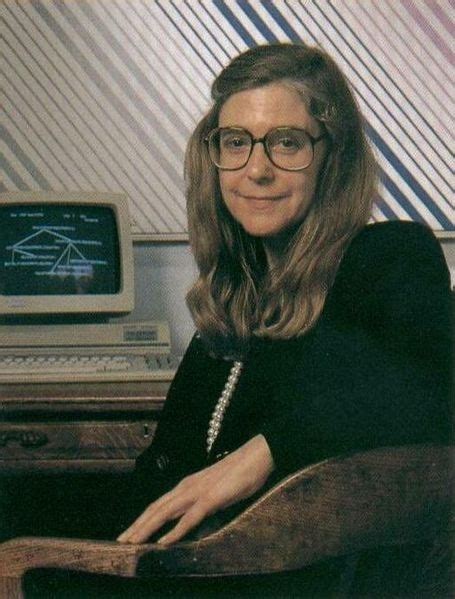A Quote by Alan Stern
I've been on 26 space missions; they range from suborbital to orbital to shuttle experiments to planetary missions.
Related Quotes
One of the things that's really exciting from my perspective is that Canada is one of the major spacefaring nations. The list of our achievements is profound and significant, and it's not just in robotics, it's also in the life-sciences research experiments that take place on board and other space-science experiments. I'd love to see Canada go from being a major spacefaring nation in low-Earth-orbit missions to those beyond, making sure we're part of those missions to Mars - not just from a technology perspective, but sending humans into beyond-Earth orbit.
NEEMO missions are a challenging and exciting aspect of astronaut training. The research we conduct during those missions allows us to test new technologies and exploration concepts in conditions similar to the ones we'll experience in space. They are a great opportunity to help me expand my knowledge and develop new tools for future space exploration.
'As a fraction of your tax dollar today, what is the total cost of all spaceborne telescopes, planetary probes, the rovers on Mars, the International Space Station, the space shuttle, telescopes yet to orbit, and missions yet to fly?' Answer: one-half of one percent of each tax dollar. Half a penny. I'd prefer it were more: perhaps two cents on the dollar. Even during the storied Apollo era, peak NASA spending amounted to little more than four cents on the tax dollar.
When I first went to Hubble, as an astronomer and as a scientist, it was a dream come true. And as an astronaut, the Hubble missions are premiere missions because Hubble is so important to science, so important to humanity, that it's just a very special event. But as an astronomer, it was sort of the holy grail of missions.
We will eventually build space science labs and hotels, prodding the capability for missions beyond the orbit of the Earth. Our space-hotel guests will be able to take breath-taking excursions, flying a couple of hundred feet above the Moon's surface in small two-man spaceships. In time, we will launch missions to Mars and beyond.
The bottom line is 2018 should finally be the year where we see the early stages of broad-based commercial space tourism appear. Demand will certainly be driven by the early successes or failures of those missions, the marketing of those missions, as well as the propensity for tourists to become repeat flyers.
All of history is moving toward one great goal, the white-hot worship of God and his Son among all the peoples of the earth. Missions exists because worship doesn't. Worship is ultimate, not missions, because God is ultimate, not man.... When this age is over, and the countless millions of the redeemed fall on their faces before the throne of God, missions will be no more. It is a temporary necessity. But worship abides forever.
There's a huge amount of pressure on every astronaut, because when you get right down to it, the experiments that are conducted on a space flight, or the satellites that are carried up, the work that's to be done, is important and expensive work, and you are up there for a week or two on a Space Shuttle flight. The country has invested a lot of money in you and your training, and the Space Shuttle and everything that's in it, and you have to do things correctly. You can't make a mistake during that week or two that you're in space.


































